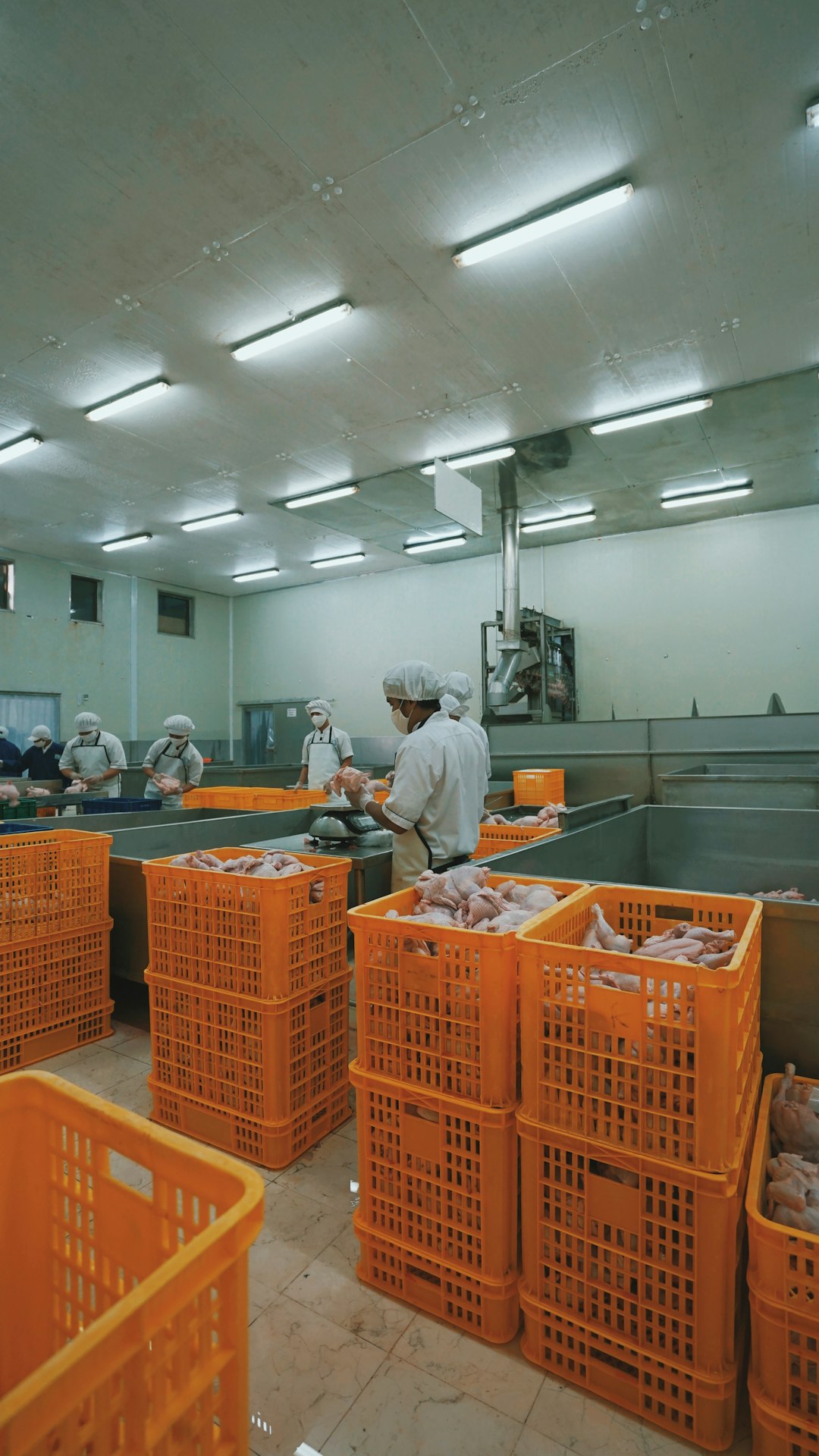The Importance of Skilled Labor in Modern Manufacturing
In today’s fast-paced and technologically-driven world, the manufacturing industry has undergone significant changes and advancements. From robotic automation to sophisticated machinery, modern manufacturing has become more efficient and productive than ever before. However, amid all these technological advancements, the importance of skilled labor in the manufacturing sector cannot be overstated. Skilled labor continues to play a vital role in driving innovation, productivity, and overall growth in this industry.
Skilled labor refers to the specialized knowledge, expertise, and experience possessed by workers in a particular field or industry. In the manufacturing sector, skilled labor refers to individuals who possess the necessary qualifications and training to operate complex machinery, understand and interpret engineering blueprints, and perform intricate tasks with precision and accuracy. These skilled workers are not only proficient in their craft but also possess problem-solving abilities, critical thinking skills, and a strong work ethic.
One of the reasons skilled labor is essential in modern manufacturing is its contribution to productivity and efficiency. Skilled workers can operate and maintain high-tech equipment more effectively, minimizing downtime and ensuring that production targets are met. They have the expertise to identify and rectify any manufacturing issues quickly, preventing delays and wastage of resources. In addition, skilled labor is essential in ensuring quality control. These workers possess the knowledge to identify defects or anomalies in the production process and take corrective measures, thus maintaining high-quality standards and reducing the risk of faulty products.
Furthermore, skilled labor promotes innovation and adaptability in manufacturing. As new technologies emerge and production processes evolve, skilled workers have the ability to learn and adapt quickly. They can master new machinery and technologies, implement innovative techniques, and make continuous improvements to existing processes. Skilled labor provides the flexibility that manufacturers need to stay ahead of the competition and remain relevant in a rapidly changing business landscape.
Skilled labor also plays a crucial role in ensuring workplace safety in the manufacturing industry. Complex machinery and high-risk work environments pose potential hazards, and it is imperative to have workers who are trained in safety protocols and procedures. Skilled labor understands the importance of safety measures and follows strict guidelines to prevent accidents and injuries. Their expertise and experience enable them to handle hazardous situations with caution and minimize the risk of workplace incidents.
Moreover, the significance of skilled labor goes beyond the boundaries of the manufacturing industry itself. Skilled workers contribute to the overall economic growth of a country. They generate higher wages, which in turn leads to increased consumer spending and a boost to local businesses. Skilled labor also attracts foreign investments as manufacturers seek regions with a skilled workforce to establish their operations. Countries that invest in developing skilled labor capabilities gain a competitive advantage, creating more job opportunities and stimulating economic development.
Despite recognizing the importance of skilled labor, the manufacturing industry is facing a skilled labor shortage. The aging workforce and a lack of interest among younger generations to pursue careers in manufacturing are the major reasons behind this shortage. It is crucial for the industry and educational institutions to collaborate and promote vocational training programs, apprenticeships, and technical education to bridge this skill gap. By promoting the value and rewards of skilled labor, young people can be encouraged to consider careers in manufacturing, ensuring a continuous supply of skilled workers for the future.
In conclusion, skilled labor remains indispensable in modern manufacturing. Skilled workers contribute to increased productivity, innovation, workplace safety, and overall economic growth. They possess the expertise to handle complex machinery, identify and correct manufacturing issues, and maintain high-quality standards. However, addressing the existing skilled labor shortage requires collaborative efforts from the industry, educational institutions, and policymakers. By investing in vocational training and promoting the value of skilled labor, we can ensure that the manufacturing industry has the skilled workforce it needs to thrive in the future.

